The Salvation Army’s Latest Report: Identifying the Sins – but not the Solutions

The Salvation Army’s Ronji Tanielu talks to The AM Show’s Duncan Garner about “The State of Our Communities” 2018 report.
THE LATEST “State of Our Communities” report from the Salvation Army exposes a worrying fragility in New Zealand’s social relationships. Behind the happy multicultural façade so beloved of politicians and bureaucrats, racial animosities fester and tensions between competing ethnic communities multiply.
The report (based on hundreds of face-to-face interviews in Kaitaia, Whangarei, Manurewa in Auckland, New Plymouth, Hornby in Christchurch and Timaru) describes rising resentment at the manifest economic inequalities afflicting the Maori population of Northland; tensions between old and new immigrant communities in Auckland; and a South Island Pakeha monoculture struggling to comprehend the meaning and purpose of diversity.
That this racial dimension to the state of our communities has been explicitly recognised in the Army’s report is itself exceptional. The preferred response of New Zealand’s core institutions is to insist that, thankfully, inter-ethnic conflict is a phenomenon alien to our society.
The wonder is, however, that an explosion of racial violence has not already torn Northland apart. Immigrants from South Africa marvel at the province’s apparently effortless separation of the races. What the apartheid system struggled to effect in their homeland, Pakeha Northlanders have achieved without recourse to anything so crude as Pass Laws. Kaikohe is poor and brown. Kerikeri is rich and white. And never the twain shall meet.
What the Army’s interviews reveal, however, is an unwillingness on the part of younger Maori to accept this state of voluntary apartheid. After all, the nation’s official ideology attributes huge value to New Zealand’s indigenous heritage. Unsurprising, then, that the impoverished Maori communities of the North are requiring these Wellington-based bi-culturalists to back their positive rhetoric with tangible resources. Upon the speed and fulsomeness of their response, the maintenance of racial harmony in Northland largely depends.
The arrival of new immigrants from East and South Asia in Auckland suburbs hitherto the preserve of immigrants from the Pacific Islands is similarly testing New Zealand’s multicultural assumptions. Cook Islanders, Niueans, Samoans and Tongans were brought to New Zealand as factory workers and labourers. The entrepreneurial traditions of immigrants arriving from India and China have not always fitted easily into communities hitherto dominated by wage workers.
Compounding these economic divergences are the sharp religious differences between the devoutly Christian Pasifika and the followers of the Hindu, Buddhist and Muslim religious traditions. The rigorous secularism of official New Zealand is singularly ill-equipped to deal with the strong feelings that arise when different religious communities are required to practice their faiths in close proximity.
Pakeha living in the South Island are often bemused at North Islanders’ preoccupation with bi- and multiculturalism. In communities of overwhelmingly pale complexion, which most South Island towns and cities tend to be, it all comes across as vaguely obsessional. The racial homogeneity of provincial centres like Timaru encourages all manner of easy assumptions about what constitutes a “real” New Zealander – along with some potentially dangerous misapprehensions about how easy it is (or should be) for outsiders to “fit in”.
Southern Man’s obtuseness on matters cultural largely explains his preoccupation with the malign effects of inadequate and/or unaffordable housing in his community. There is no clearer manifestation of poverty than homelessness, and nothing breeds fear, anger and resentment faster than the obvious sufferings of the poor.
Overlay that economic distress with the even more terrifying effects of drug-dealing, and the addictions upon which the drug suppliers’ business model depends, and you have a sure-fire recipe for continuously escalating social anxieties revealing themselves in periodic outbreaks of moral panic.
The severity of these panics is accentuated by the tendency of racially and/or economically homogenous middle-class communities (in both islands) to give the manufacture, distribution and sale of illegal drugs a luridly racial cast. If it’s not the shadowy members of Chinese triads and Mexican drug cartels, it’s the scary bros from Black Power and the Mongrel Mob doing the business. That the organised criminals controlling the New Zealand drug trade – especially the scourge of methamphetamine – are, overwhelmingly, wealthy Pakeha, is a fact too frightening for their middle-class neighbours to acknowledge.
In its essence, the Salvation Army’s report contributes yet another collection of personal testimonies to the multitude already enumerating the unrelenting social cruelties of capitalism. Not that the Army couches its analysis in such godlessly Marxist terms. This is, after all, a Christian denomination determined to demonstrate the redemptive power of faith in action. “Thy Kingdom come”, enjoins the Lord’s Prayer, “Thy will be done on Earth, as it is in Heaven.” The Sallies try to do good one family, one person, one soul, at a time.
Yet even these Good Samaritans in uniform cannot ignore entirely the systemic character of the sins they are pledged to wage war against. The correlation of high numbers of Maori with high levels of poverty; of high levels of poverty with high levels of homelessness and drug abuse; is difficult to miss.
The hardest test for any Christian is to locate the source of human wickedness. Attributing the ills of society to the moral weakness of their victims is always easier than fighting those who made the wrong too strong to resist. Though they call themselves an army, the Sallies have, historically, tended to go to war against the symptoms of sin. Vanquishing the causes of human distress: imperialism, racism, economic exploitation; poverty and social despair; they prefer to leave to God.
To date, not a conspicuously successful strategy for replicating Heaven on Earth.

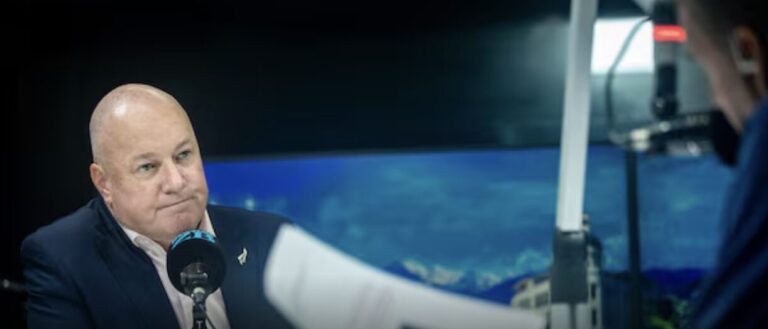
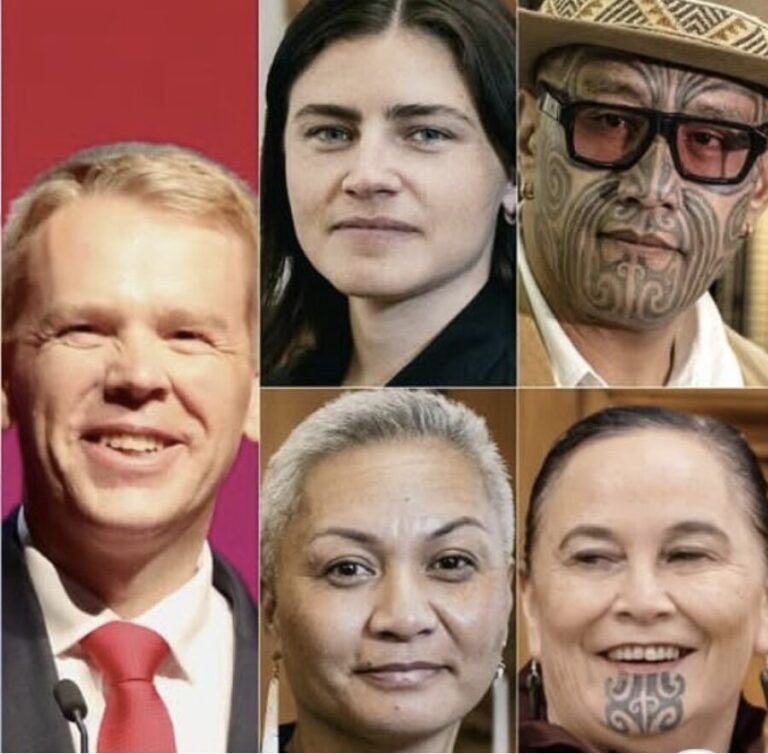

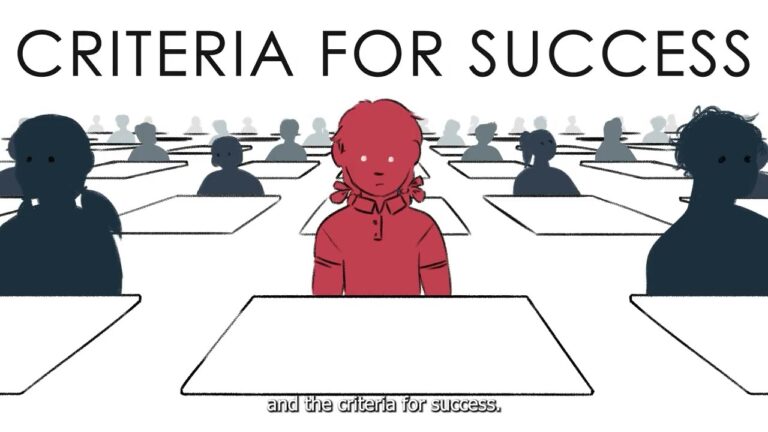
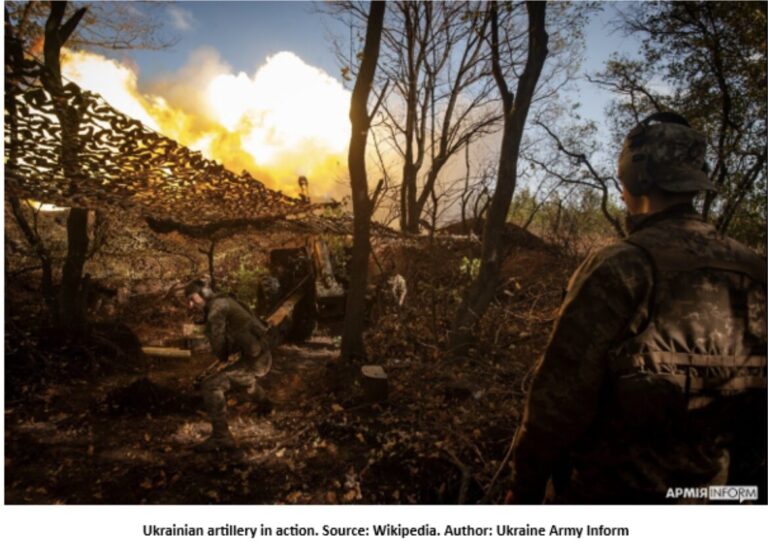
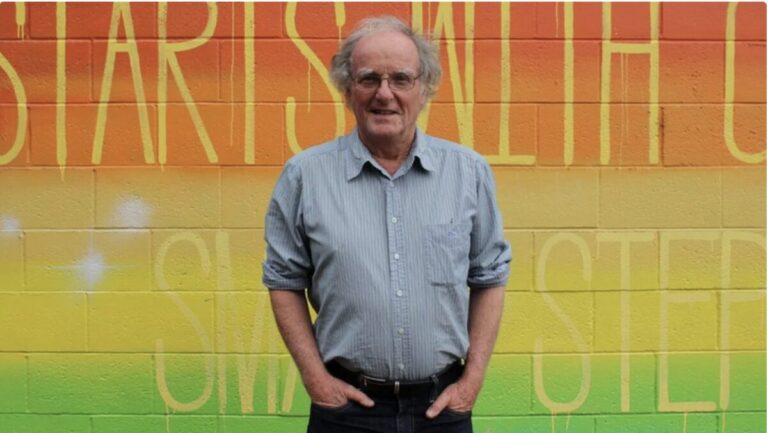
So who do we hold to account for the various failed social and economic experiments conducted in NZ Inc? Is that not one of the pressing questions that require answers?
Immigration is used to prop up the system we have, to provide for the partly cheap, willing labour that many locals may feel less inclined to do, and also to bring in some qualified people, that we may be short of, to do the more technical and other specialist tasks that need to be done. Then there are ‘investors’, always embraced by most governments, to provide some funds to keep business ‘flourishing’, whether that is true or not.
Also do certain governments use immigration to divide and rule. It is a bit ironic that we have this report lament the tensions between old and new immigrants. Perhaps the Sallies are just idealist, blinded by their idealistic views and ambitions that there must be more social justice introduced or restored to society. Fact is, governments that may be right or even left, they have always benefited from creating tensions between certain groups, to achieve their own end goals.
They may get votes from immigrants they help come in, they may be despised by others for bringing in certain immigrants.
As for Maori, they are in the same predicament as the native population in many conquered and occupied then stolen lands, i.e. the Indians in Canada, the US, and in some Latin American countries, and like the Aboriginals in Australia, and so forth.
It is marginalisation, and growing up in a marginalised part of society, you get used to being looked down on, to be discriminated, to be poor, disowned, and to be suspected of crimes. Hence the mind is affected almost since birth, and negativity, fear and anger are part of the psyche, resignation, drug addiction, dropping out of school, and ending up in wrong company is the result.
The system is geared for the powerful, the larger group, the dominant group, so they dictate, or lecture, with PC approach these days, what people should do and live like. And if you cannot fit in, stuff off, bugger off, and go to prison, that is the end result in too many cases.
I see NO real change on the horizon, and social tensions will only grow, NZ Inc is not alone, look at many other countries and cities, the same happens in so many places.
I agree with a lot of this and frankly it is politicians who are held in thrall to the banks and the wealthy.
Who benefits when tensions rise and divisions at the lower/lowest levels increase?
” a fact too frightening for their middle-class neighbours to acknowledge.”
Oh, Chris. What a load of tosh.
Poor old whitey. If they try to accommodate – it’s cultural appropriation and colonialism, and patronising.
If they stand back to allow those strong ethnic bonds and customs to work their restorative, empowering magnificence – it’s racism.
Confusion runs all through this piece.
And at the interface where different groups interact; decide they want the best bits of the Other Cultures (you know, pick and choose the way most people do) there’s this ruffle of Hurt Feelings and Outrage and demands for Acceptance, Compensation, privilege…
Load of tosh, Chris. I’m sure the Romans had the same problems. Their solutions worked for a few centuries – before the barbarians turned up in the cities wanting the same as the citizens. Then it wasn’t long before crash and collapse.
Different solutions required, otherwise tears before bedtime. You can’t force people to mishmash their cultural heritage to accommodate. Perhaps we need a cultural esperanto for the interactions between groups – and carry on our own customs at home.
And – if brown Kaitaia is okay – so is white Kerikeri.
The song “the World is a great big melting pot “is wrong.
Commonality, be it your family, your extended family , your district, racial, religious , cultural, your sport, your hobby is our natural behaviour as humans. It is what binds us together – our cohesion that then protects us eg: we rise-up together in times of war.
We gravitate first to members of our immediate family , then extended family , then local community and so on rippling out.
There will always be friction if you mix a country up with vastly different religions, races and cultures.
Where countries have accepted immigration, there has been a lot of friction, a lot of unhappiness both for the newcomers and for the people who already lived there.
that report was like a fishing trip on a rudderless boat with a deceased captain
Not just a Northland situation…absolutely the same factors here in the Hawkes Bay…a situation only exacerbated by importation of seasonal labour suppressing wages in the apparently booming agricultural/horticultural industry.
And Andrew Little, during Labour’s pre election road show (with Jacinda in tow) had the bare-faced gall to tell us that wages in that area were dismal due to our need for ‘greater productivity’.
Luckily for him 99% of the audience were not of the working classes and nodded sagely at this piece of neo liberal dogma..
Isn’t that why we are paying politicians and them paying consultants so they can come up with the solutions. Do you want people like me to do their job for them andrew. In my view the solutions have already been provided but our politicians need the goodwill and some guts to deliver them.
They simply need the guts and the balls and frankly this lot just like the last lot have little of either.
We need people on the streets. Politicians don’t make change they follow it. Remember the nuclear free movement, the ’81 tour movement, the GE free movement. NONE NONE NONE of that was invented by politicians BUT it sure as hell made them wake up and listen and more importantly ACT it is the people that did this not the politicians.
I have just let my membership of the Greens slide after 16 years.
Labour is just way to nervous about upsetting business capital flight and all that shit.
And then we are buying those airforce planes and that will only be because we are part of that disgusting 5 eyes and we have to pretend to play our part.
Colonisation Chris the same is happening in places like Hawaii they have very similar issues to Maori in homelessness, high incarceration rates high suicide rates, Drug and alcohol issues. NZders get upset cause they think we all have had the same opportunities but its not true cause one dominant group has wielded the all the power and decision making.
What makes me angry is when us Maori have to put up with people that come here being racist to us now that is when I draw the line. I personally take a stand and politely remind them you can always bugger of back to your own country and don’t bring your baggage here.
Dead right there. And don’t forget the Native Americans as well. Some very disturbing parallels in their treatment and that of the Maori.
“Vanquishing the causes of human distress: imperialism, racism, economic exploitation; poverty and social despair; they prefer to leave to God.”
Curiously that is the exact opposite to what Jesus actually did and taught. He took on the whole “filthy rotten system”, as Dorothy Day (certainly a saint) one described it. And they arrested, tortured, and crucified him for it.
Umm. That is the Jesus, the son of a god, with magic powers?
Some preacher that the myths of Jesus are based on more probably. Although it’s quite possible that the myth is due to the stories of more than one person being merged, and I wouldn’t care to bet that his actual teachings have any resemblance to those later writers attributed to him.
So great. We’ve identified some root causes, imperialism, racism, economic exploitation and so on. Nice. Now let’s give it a vote budget, minister and a ministry and call it the ministry of cool shit. Or we could just be generous with the Minister in charge of Whanau Ora nek budget.
So is Whanau Ora actually working?
Whanau Ora management style is to price it out of the market.
“Vanquishing the causes of human distress: imperialism, racism, economic exploitation; poverty and social despair; they prefer to leave to God.”
This is of course the responsibility of government. Not of God and certainly not of the sallies. Unless we elect them to power, cleaning up the worst results of govt. failures is their legitimate role.
Maori are not that long removed from a society that was extremely socialist at a tribal level. notwithstanding Andrew’s point below about the 1/16th Maori that is perhaps typical of today’s population, the psyche of that social/economic organisation fit well into the way NZ society worked pre 1984. And probably contributed to the way our society worked. It assumed there would be a proportion of society’s members who were happy to contribute , but not feel a need to excel in power or wealth, content to make a fair contribution for a fair participation in society’s whole. 1984 destroyed that system. from then on there was only a place for those who wanted to compete, to excel in acquiring wealth for wealth’s sake. It has left a part of society out , and resentment is inevitable.
D J S
Well I have a sneaking regard for the Sallies, (having been looked after and housed by them for 3 years of my young life.)
They had a pragmatic view and the bible didnt get bashed a lot.
They have a commitment to this life on this earth, unlike many others who view the next life as prime real estate
Social justice is a very strong principle
https://www.salvationarmy.org.nz/research-policy/positional-statements/social-justice
Ok, they have some pretty unreconstructed views on marriage,(one man , one woman) but that doesn’t prevent them from extending their care to all families, no matter the various constellations
I’ve known heaps of Sallies, and they are pretty well all poor, having lived a life of service, not wealth accumulation